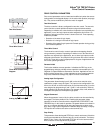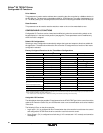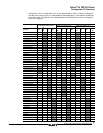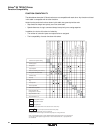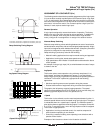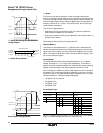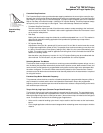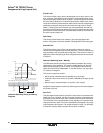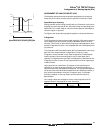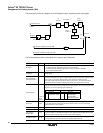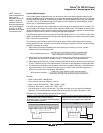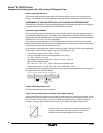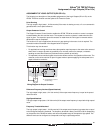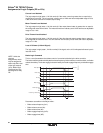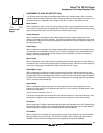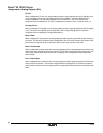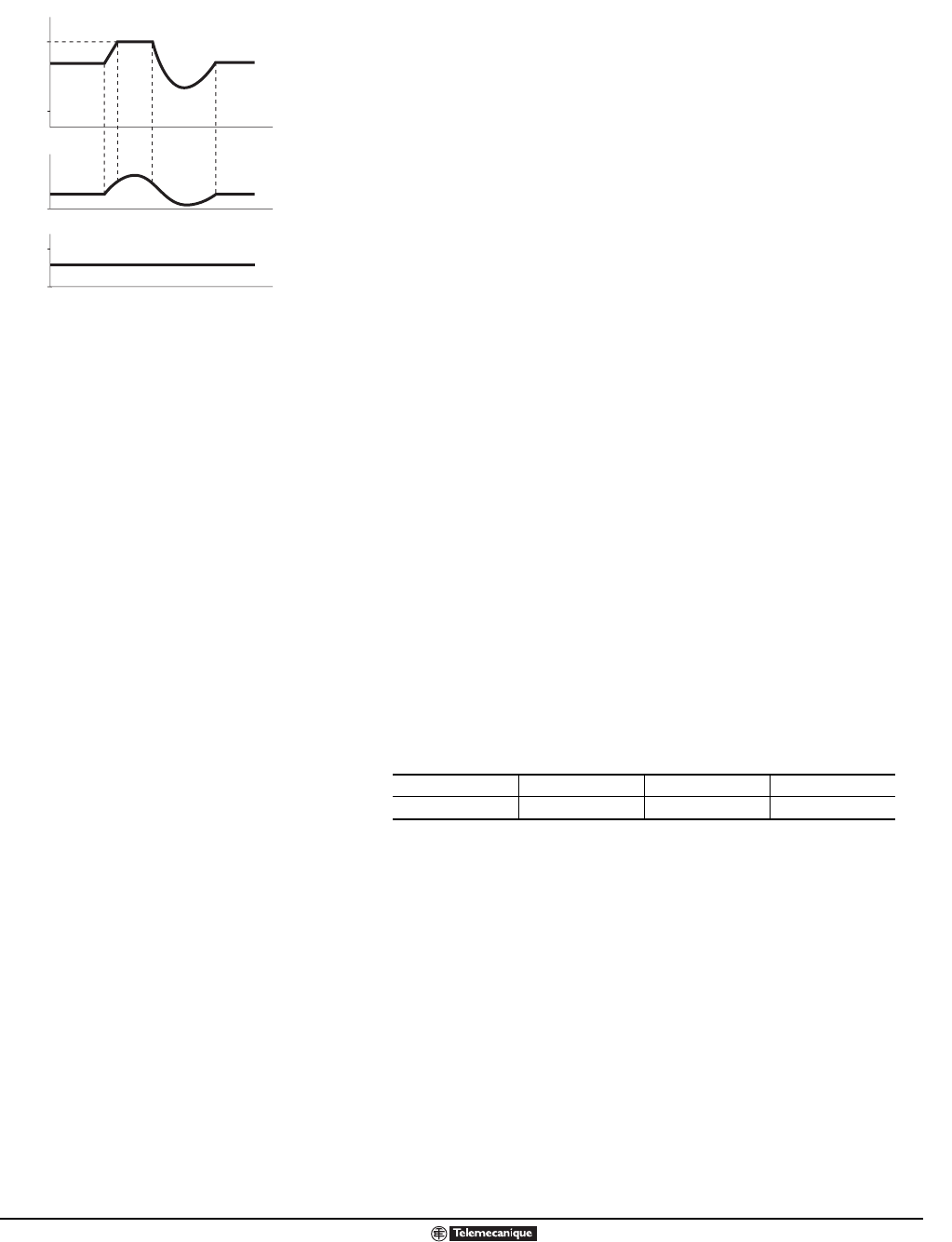
Altivar
®
58 TRX AC Drives
Assignment of Analog Inputs (AIx)
57
09/2003
© 2000–2003 Schneider Electric All Rights Reserved
ASSIGNMENT OF ANALOG INPUTS (AIX)
The following sections describe the possible assignments of the Analog
Inputs (AIx) on the drive controller and the optional I/O Extension Cards.
Speed Reference Summing
Analog input AI2 (and/or analog input AI3 with an I/O extension card) can be
assigned as a summing input for AI1 with peak limiting corresponding to the
speed HSP. This is often used for machines whose speed is controlled by a
correction signal on input AI2.
The figure to the left provides a graphical depiction of summed references.
PI Regulation
The PI Regulation function provides simple regulation of flow rate or pressure
with a setpoint input and a sensor sending a feedback signal to the drive
controller. This function is often used for pumping and fan applications. Note
that the PI Regulation function is not compatible with the Preset Speeds and
Jog functions.
The acceleration (ACC) and deceleration (dEC) ramps default to linear ramp
type even if the ramps had been configured for S ramp or U ramp.
PI regulator can be used with a logic input configured for PI Auto/Manual
mode of operation when the analog option card is used. When the PI
regulator is configured and a logic input is configured for PI Auto/Manual, the
PI regulator function is active in Auto mode and AI3 is used for speed input
in Manual mode.
Logic inputs can be used with the PI regulator to command the drive
controller to run from the analog reference, run at process maximum, or
operate with two other definable preset setpoints. The configurable setpoints
can be used to provide two different setpoints for two different processes, or
they can be used instead of using AI1 for setpoint input. For example,
providing a setpoint via the logic inputs can eliminate the need for a
potentiometer.
Four analog outputs are available to monitor various aspects of the PI
regulator function. See page 63 for more information.
PI Setpoint OPS PI Feedback OPF
PI Error OPE PI Integral Error OPI
t
t
f
(
Hz
)
H
SP
L
SP
1
0
V
t
AI2 or AI
3
AI1
S
umIn
p
uts.e
p
s
Speed Reference Summing Diagram



